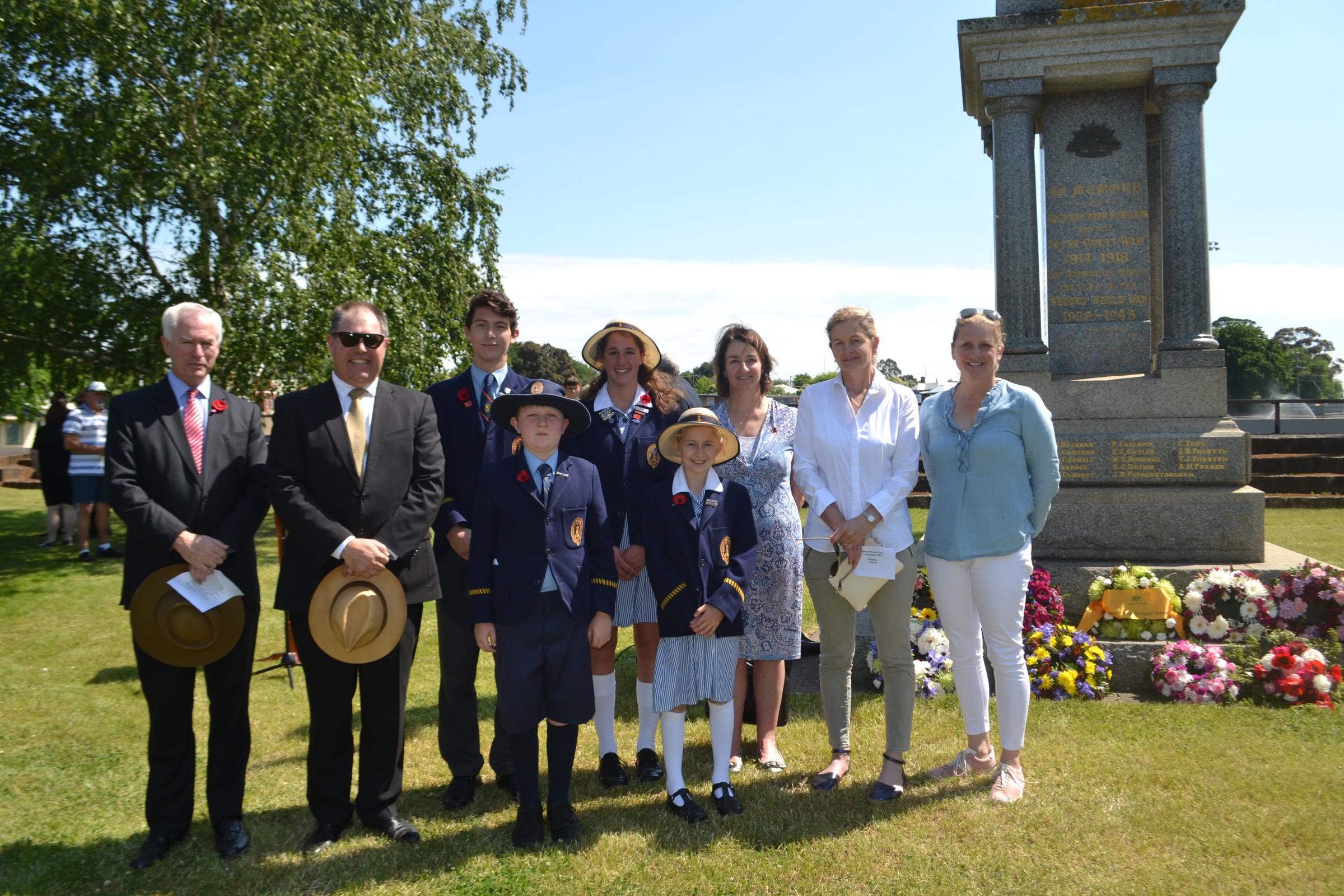Principal's Report

Last month College made the decision to take back control of Middle Years students’ technology to ensure that learning was the only focus found on their device. Over the next three years we will purchase and provide notebook computers for every Year 6 – 8 class to utilise. Years 6 in 2018 will be the first class to benefit from this approach, where computers will be free of games and social media. We will phase through this process over the next three years. Prior to making this decision, we consulted the latest research and data. Some interesting facts from our reading revealed:
- Students unlock their phones at least every 15 minutes, look at them about five minutes each time, and spend a total of 4½ hours a day glued to their devices.
- Teens are constantly multitasking, even though they know it’s not efficient.
- About 80% of teens say they rarely, if ever sleep well, usually because they have a smartphone at their bedside and check it before going to sleep and during the night.
- The average adolescent finds it difficult to study for 15 minutes at a time.
- 80 percent of high-school teachers and 63 percent of elementary teachers say technology is making students less able to sustain attention.
Three suggestions staff are exploring for implementation in 2018 include:
Your brain needs an occasional “reset.”
Junior School children should spend no more than a half hour at a time on a device, followed by a break at least that long. Meanwhile adolescents should spend no more than 90 minutes at a time with technology, followed by at least 10-15 minutes on an activity that calms their brain – going outside, exercising, listening to music, meditating, taking a shower, having an in-person conversation with a friend, playing a musical instrument, practicing a foreign language.
Sleep is sacred.
Nine hours is the recommended amount for secondary students, and kids should know that melatonin is naturally secreted in the hours before bedtime to produce sleepiness – unless they’re peering at a blue-light device. Ways to keep the melatonin pumping: use a pink-light setting in the hour before bedtime, or listen to familiar music or TV shows, read a paper book, and ramp down mental effort.
Carve out tech-free zones.
These zones might include the library, playground, art rooms and breakout areas before school, at recess and at lunch.
To see more on current research read:
“The Distracted Student Mind: Enhancing Its Focus and Attention” by Larry Rosen in Phi Delta Kappan, October 2017, Vol. 99, #2, p. 8-14.
“Confessions of an IT Manager” by Doug Loader in Education Today, Term 4 2017, pp. 47-48.
Dr Andrew Hirst
